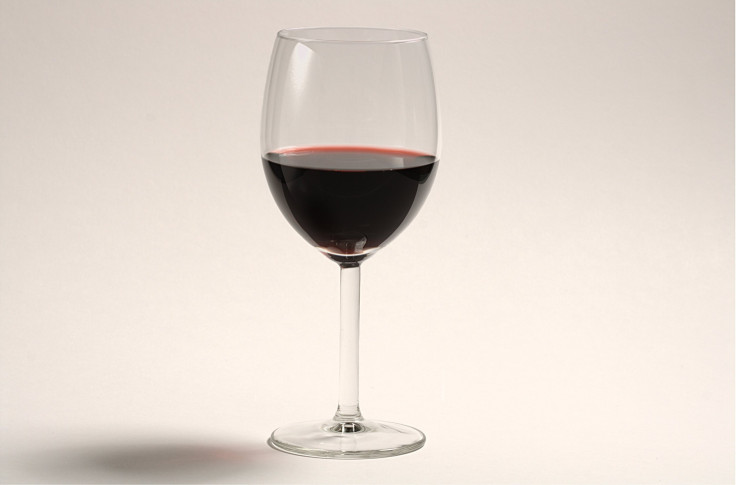Can Red Wine Fight Cancer? New Research Shows Chemical Compound, Resveratrol, May Slow Growth Of Cancer Cells

The common thought is that a glass of red wine a day is good for the heart. Now, newer research supports this idea further.
Scientists from the University of Leicester Department of Cancer Studies and Molecular Medicine found that the compound resveratrol, which lies in the skin of red grapes, can actually aid in combatting the formation of cancer.
"There is a lot of strong evidence from laboratory models that resveratrol can do a whole host of beneficial things – from protecting against a variety of cancers and heart disease to extending lifespan,” said Karen Brown, a professor of translational cancer research at University of Leicester.
However, the research is only in the beginning stages, and the correct dosage that should be given to humans in order for resveratrol to be effective is unknown. Brown says that resveratrol is present in peanuts, grapes, and grape juice, but red wine contains the highest dosage.
The potential health benefits of red wine on the human body have been known for some time. According to the National Institutes of Health, adults who drink moderate amounts of red and white wines are less likely to develop heart disease in comparison to heavy wine drinkers or those who do not drink at all. Wine helps to increase the amount of HDL (high-density lipoprotein) cholesterol, or good cholesterol. It also decreases the chances of clot formation, reduces inflammation, and increases the production of flavonoids, which are antioxidants.
Brown says that her team has been working on resveratrol in Leicester for 12 years and that their main focus is on cancer. Most of the research has been lab-based, but they have conducted a few clinical trials. The clinical trials involved healthy patients and cancer patients in order to determine the correct dosage of resveratrol.
“Ultimately what we want to do in the next two years is we want to really understand how resveratrol is working. Investigate whether that also applies to humans, using human cells and human issues and then translate those findings into a clinical trial,” said Brown.
Published by Medicaldaily.com



























